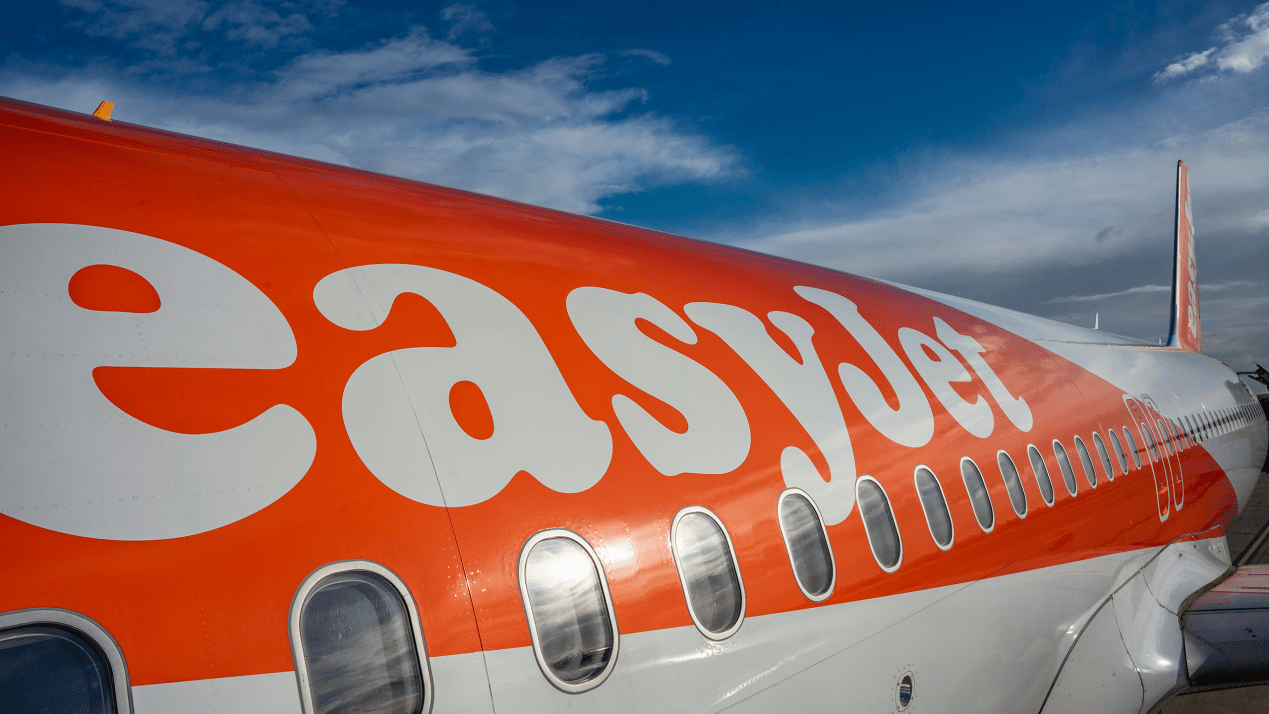
Why Skills-First Leadership Is Replacing the Ivy League Playbook in the C-Suite
The old prestige pyramid—where Ivy League degrees and blue-chip consulting backgrounds paved the way to the CEO seat—is cracking.

EasyJet, a major European low-cost airline, has reported revenue of $4.5 billion from ancillary services, such as checked baggage fees and priority boarding. While the airline has benefited significantly from these additional revenue streams, it has also faced criticism for its practices.
The substantial income from ancillary services has contributed to EasyJet’s overall profitability. However, the airline has come under fire for its aggressive fee-based model, which some have perceived as unfair and exploitative. Critics argue that these fees can significantly increase the overall cost of a flight, particularly for families or travelers with specific needs.
In response to the criticism, EasyJet has defended its practices, arguing that ancillary services allow passengers to customize their travel experience and pay only for the required services. The airline maintains that these fees are transparently communicated to customers and are optional.
Despite the controversy, EasyJet remains committed to its business model, which relies heavily on ancillary revenue. The airline has invested in technology and customer experience initiatives to enhance its offerings and attract passengers.
As the aviation industry continues to evolve, the role of ancillary services in airline business models will be closely watched. While these fees can provide a valuable source of revenue, airlines must balance maximizing profits and maintaining customer satisfaction.

The old prestige pyramid—where Ivy League degrees and blue-chip consulting backgrounds paved the way to the CEO seat—is cracking.

Loud leaders once ruled the boardroom. Charisma was currency. Big talk drove big valuations.

But the CEOs who make history in downturns aren’t the ones with the deepest cuts

Companies invest millions in leadership development, yet many of their best executives leave within a few years. Why?

The most successful business leaders don’t just identify gaps in the market; they anticipate future needs before anyone else.

With technological advancements, shifting consumer expectations, and global interconnectedness, the role of business leaders

Following a distinguished Law Enforcement career Joe McGee founded The Securitatem Group to provide contemporary global operational specialist security and specialist security training products and services for private clients, corporate organisations, and Government bodies. They deliver a wide range of services, including complete end-to-end protection packages, close protection, residential security, protection drivers, and online and physical installations. They provide covert and overt investigations and specialist surveillance services with a Broad range of weapons and tactical-based training, including conflict management, risk and threat management, tactical training, tactical medicine, and command and control training.

Jay Wright, CEO and Co-Owner of Virgin Wines infectious energy, enthusiasm, passion and drive has been instrumental in creating an environment that encourages talent to thrive and a culture that puts the customer at the very heart of every decision-making process.

Fabio de Concilio is the visionary CEO & Chairman of the Board at Farmacosmo, a leading organization dedicated to mental health and community support services. With a deep commitment to identifying and meeting customer needs, Fabio ensures that high standards are maintained across the board.

Character Determines Destiny – so said Aristotle. And David CM Carter believes that more than anything else. For David, it has been numerous years of research into codifying Entelechy Academy’s 54 character qualities that underpin everything he stands for as a leader and teacher.


Leave us a message
Subscribe
Fill the form our team will contact you
Advertise with us
Fill the form our team will contact you